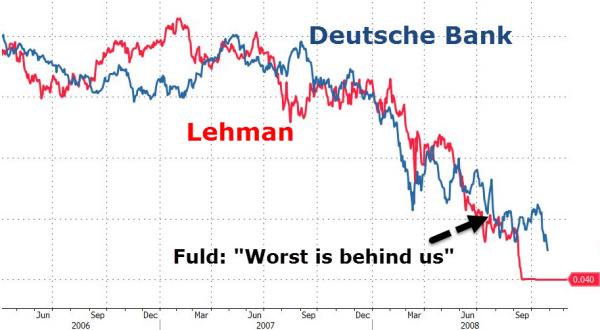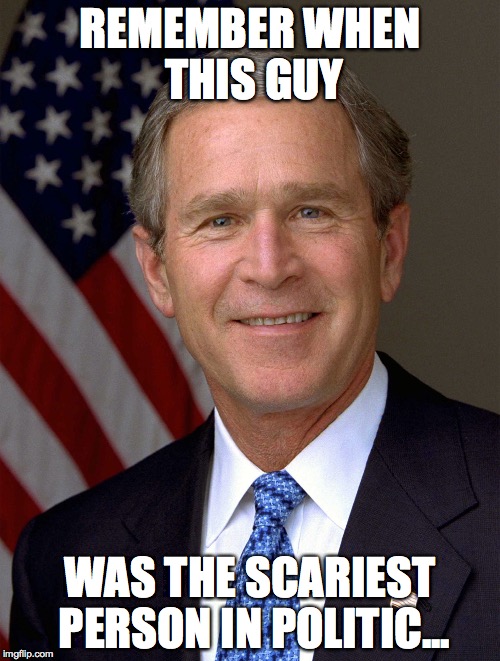- Reaction score
- 7,346
- Points
- 1,160
A couple of days ago Merkel, Hollande and Renzi met at the grave of a man of whom I had never who wrote a document which I had never read: another bit of ignorance on my part.
http://www.telegraph.co.uk/news/2016/08/22/renzi-hollande-and-merkel-head-to-birthplace-of-european-project/
I wish I had heard of him earlier. It would explain so much.
The man was Altiero Spinelli. He was an Italian communist imprisoned by Mussolini. He was also a Member of the European Parliament and widely considered one of the fathers of the EU.
The document was "The Ventotene Manifesto".
The document stated:
https://en.wikipedia.org/wiki/Ventotene_Manifesto
It is summed up this way:
https://europa.eu/european-union/sites/europaeu/files/docs/body/altiero_spinelli_en.pdf
Mister Spinelli, now deceased, has, in addition to Merkel, Hollande and Renzi a fan in Jean-Claude Juncker
Internationalism as a socialist project, with the EU as the vanguard and the UN as enabler.
I guess it makes some kind of sense. After WW2 the only people that could get jobs in government were those that hadn't been in government - in other words, socialists.
http://www.telegraph.co.uk/news/2016/08/22/renzi-hollande-and-merkel-head-to-birthplace-of-european-project/
I wish I had heard of him earlier. It would explain so much.
The man was Altiero Spinelli. He was an Italian communist imprisoned by Mussolini. He was also a Member of the European Parliament and widely considered one of the fathers of the EU.
The document was "The Ventotene Manifesto".
The document stated:
"The dividing line between progressive and reactionary parties no longer follows the formal line of greater or lesser democracy, or of more or less socialism to be instituted; rather the division falls along the line, very new and substantial, that separates the party members into two groups. The first is made up of those who conceive the essential purpose and goal of struggle as the ancient one, that is, the conquest of national political power – and who, although involuntarily, play into the hands of reactionary forces, letting the incandescent lava of popular passions set in the old moulds, and thus allowing old absurdities to arise once again. The second are those who see the creation of a solid international State as the main purpose; they will direct popular forces toward this goal, and, having won national power, will use it first and foremost as an instrument for achieving international unity."[2]
https://en.wikipedia.org/wiki/Ventotene_Manifesto
It is summed up this way:
‘Towards a Free and United Europe’, the manifesto states that any
victory over fascist powers would be useless, if it led to nothing
more than establishing another version of the old European system
of sovereign nation-states, but just in different alliances. This
would only lead to another world war. The manifesto proposed
the formation of a supranational European federation of states,
the primary goal of which was to connect European states to such
an extent that it would be impossible to enter into war ever again
https://europa.eu/european-union/sites/europaeu/files/docs/body/altiero_spinelli_en.pdf
Mister Spinelli, now deceased, has, in addition to Merkel, Hollande and Renzi a fan in Jean-Claude Juncker
http://www.independent.co.uk/news/world/europe/national-borders-are-the-worst-invention-ever-says-ec-chief-jean-claude-juncker-a7204006.htmlNational borders are 'the worst invention ever', says EC chief Jean-Claude Juncker
Internationalism as a socialist project, with the EU as the vanguard and the UN as enabler.
I guess it makes some kind of sense. After WW2 the only people that could get jobs in government were those that hadn't been in government - in other words, socialists.



